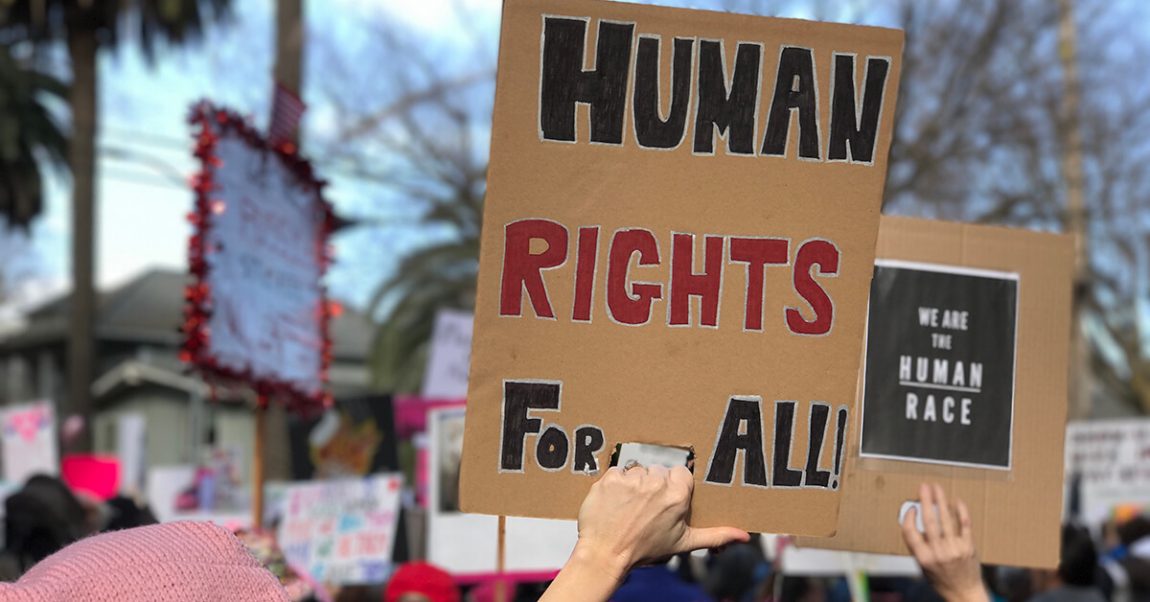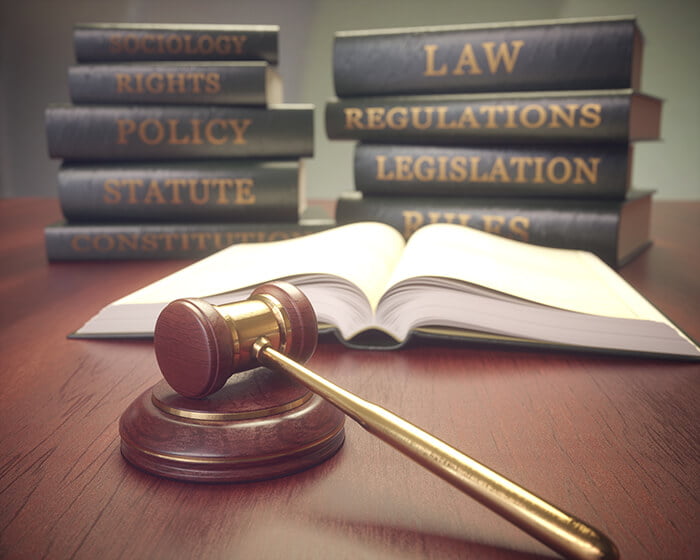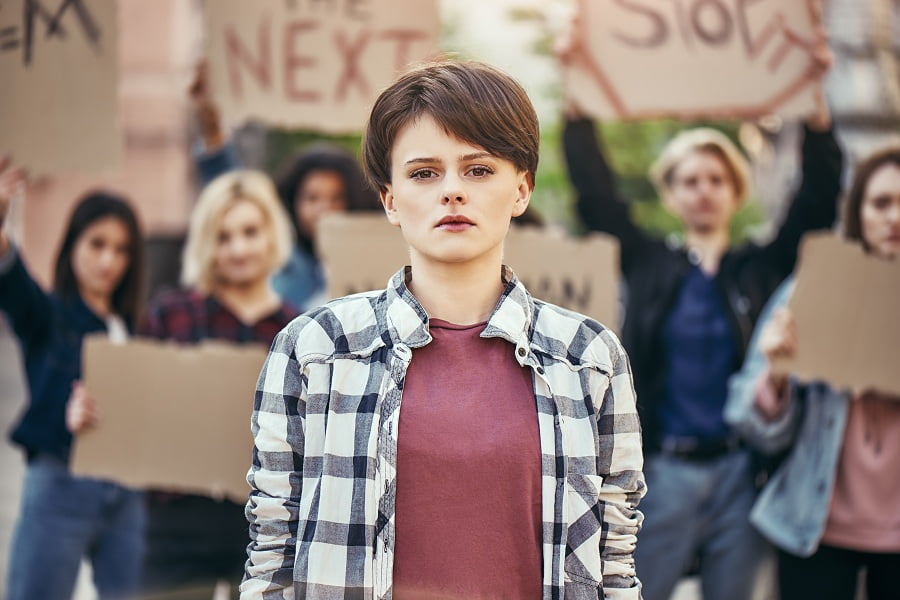
Human Rights Act: What are these Rights and How can You be Protected?
The Human Rights Act in Queensland protects human rights and freedoms and ensures that these are not violated. It is a law that provides protection for the people of Queensland from discrimination, harassment or vilification due to their race, religion, sex, pregnancy status or disability.
It also prevents employers from interfering with your human rights. If you are an employee, the human rights act can protect you if you face discrimination at work or while looking for a job because of gender, race, sexual orientation, etc..
If someone has discriminated against you unfairly, then it is important that you raise this as soon as possible so they stop discriminating against other members of society too.
Human Rights Act 2019
The Queensland parliament passed the Human Rights Act 2019 on 27 February 2019. The passage of this legislation is a huge step in ensuring that rights are protected from discrimination and abuse, as well as incorporating international treaties into Australian law for better protection against human rights violations.
The implementation of the Human Rights Act consisted of two stages. The first stage saw the Anti-Discrimination Commission renamed to be named as Queensland’s Human Rights Commission (QHRC). This occurred on July 1, 2019 and started its functions from then onwards. Stage two commences January 2020 when complaints about human rights violations can officially be made against any individual or organization for their violation that has been reported by an independent body under this act.
These commissions will be reviewed again in 2024 and 2028 respectively to see if things are going well or need improvement.
Your Human Rights and Protection Under This Act

The Human Rights Act is a law that is made to protect and promote human rights. It also aims to help build a culture within the public sector where each individual has their own set of feelings on how they define them.
The act wants people to have a dialogue about what these certain aspects mean for themselves as well as others around them who share different opinions than theirs might be able to offer advice or insight into other types of perspectives which can make things easier down the road when deciding whether something falls under one’s “human right.”
Under section 11 of the Human Rights Act, all individuals (and only individuals) are given equal human rights in Queensland. These 23 human rights include:
- Right to recognition and equality before the law
- Right to Life
- Protection from torture and cruel, inhuman or degrading treatment
- Freedom from forced work
- Freedom of movement
- Freedom of thought, conscience, religion and belief
- Freedom of expression
- Right to peaceful assembly and freedom of association
- Right to take part in public life
- Property rights
- Right to privacy and reputation
- Right to protection of families and children
- Cultural rights—generally
- Cultural rights—Aboriginal peoples and Torres Strait Islander peoples
- Right to liberty and security of person
- Right to humane treatment when deprived of liberty
- Right to a fair hearing
- Rights in criminal proceedings
- Rights of children in the criminal process
- Right not to be tried or punished more than once
- Right not to be tried or punished under retrospective criminal laws
- Right to education
- Right to health services
Queensland’s Human Rights Act requires new legislation to be scrutinised for compatibility with the human rights protections afforded by it. It empowers Queensland Parliament to override any incompatible legislation, and finally – public entities are required to act in a way that is consistent with these fundamental principles of dignity, equality, and freedom from discrimination.
Human Rights Complaints

If an individual feels their human rights have been breached, the first step is to make a complaint. The public entity responsible for the breach must respond within 45 days of receiving it or there will be consequences.
But if you’re not satisfied with how they handle your problem and feel like your claim has fallen on deaf ears then lodge your case at Queensland Human Rights Commission (QHRC).
QHRC can either choose to deal with the complaint or accept it for resolution or refuse to do so depending on the nature of the complaint. They can also refer it to another entity with the complainant’s consent.
The QHRC will not investigate any complaints that are outside of the time limit. You have one year to refer or make a complaint. Otherwise, it is out of their hands.
Resolution
The QHRC may attempt to resolve the complaint through conciliation. If they are unsuccessful, a report will be made available to both parties and is not admissible in any other court proceeding unless agreed upon by all involved.
The conciliation process is confidential and not allowed in any legal proceedings. Participating does not affect a person’s right to pursue other remedies related to the alleged breach of human rights.
If you are a victim of discrimination, then the Human Rights Act protects your rights. You may be able to take legal action against those who have discriminated you and request an apology or compensation for their actions.
Bouchier Khan Lawyers can provide assistance with this process so call us today. We’re here to help!
This article is of a general nature and is intended for information only. It should not be relied upon as legal advice. If you require further information, advice or assistance for your specific circumstance, please contact us at Bouchier Khan Lawyers.
